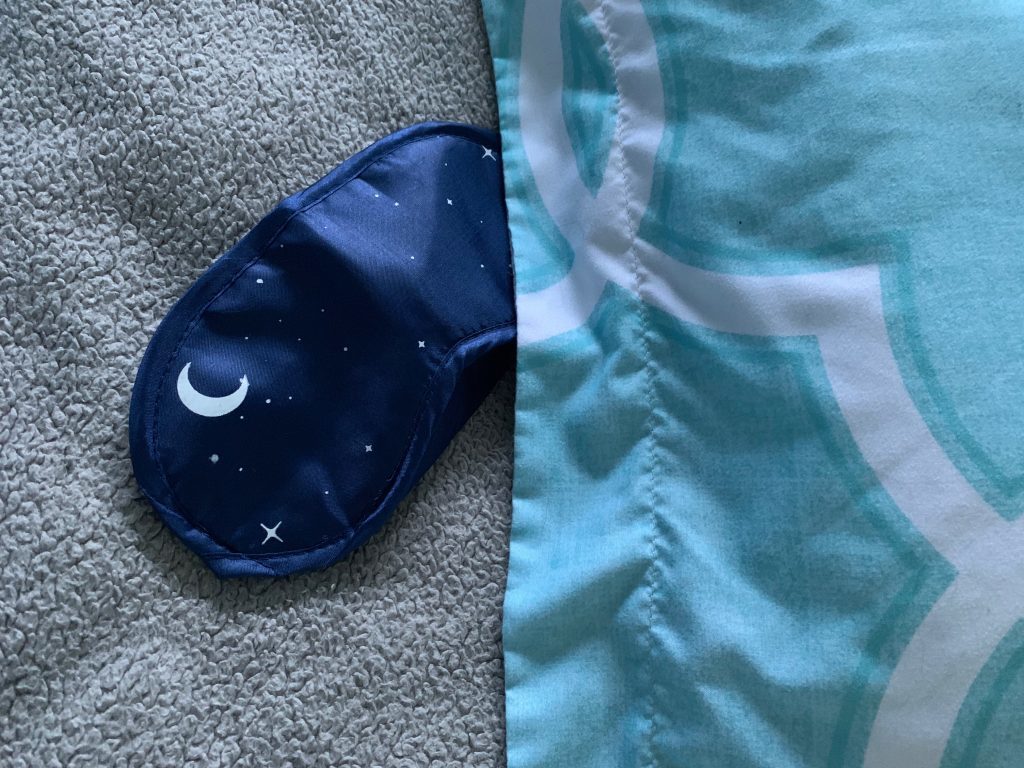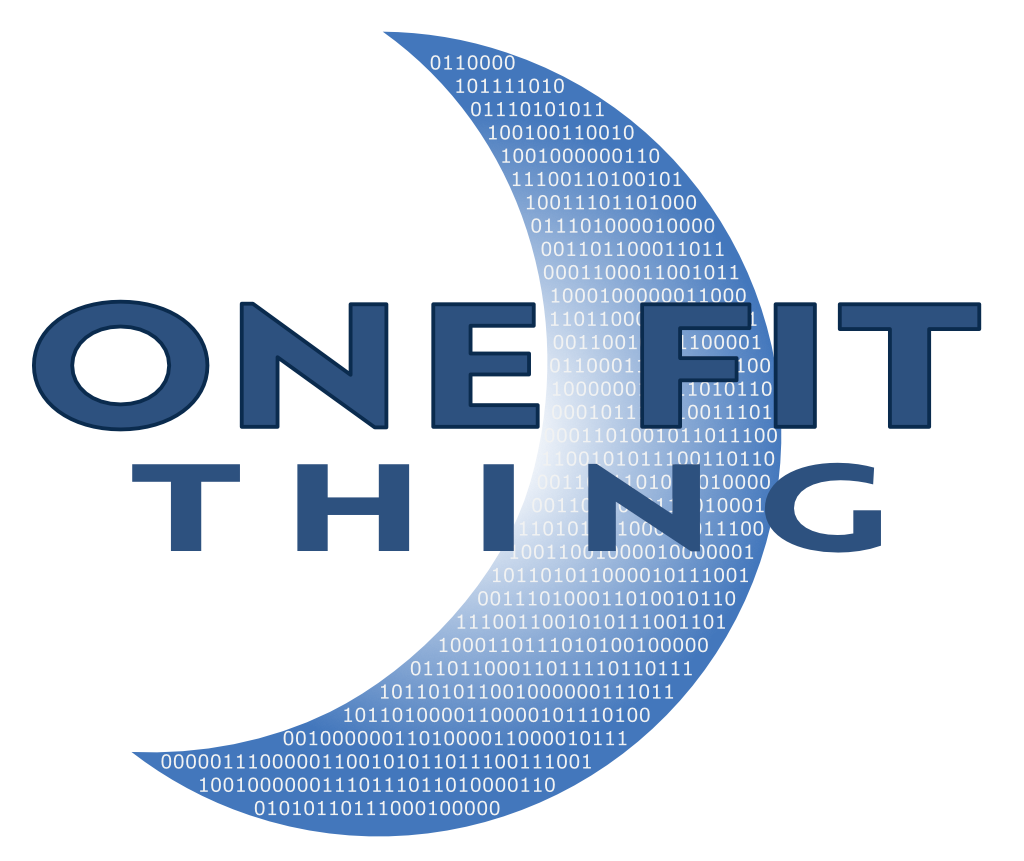
Pillar – Sleep
Sleep is restoration and rejuvenation.
Sleep is another pillar of a happy and healthy life. There is overwhelming evidence that humans need sleep. We have evolved over many generations and adaptations and never have we removed our need to sleep. Rather, we have maintained our need to lay dormant for some number of hours each night. So it must be important. But how much is enough? How much sleep do I need each night? What happens while I sleep? What happens to us if we don’t get enough? Can I get too much sleep?
We have evolved to depend on the optimal amount of sleep every day.
How much sleep is needed each night?
The articles I used for research varied a little bit but they all agreed that the amount of sleep needed depends on your age. Almost all of the articles quoted the National Sleep Foundation Article: How Much Sleep Do We Really Need? — and used some variation on the table below.
Sleep needed depending on age:
- Newborns 0 -3 months of age need between 14 – 17 hours each night.
- Infants 4-11 months of age need between 12-15 hours each night.
- Toddlers 1-2 years of age need between 11-14 hours each night.
- Preschoolers 1-2 years of age need between 10-13 hours each night.
- School-age children 6-13 years of age need between 9-11 hours each night.
- Teenagers 14-17 years of age need between 8-10 hours each night.
- Younger adults 18-25 years of age need between 7-9 hours each night.
- Adults 26-64 years of age need between 7-9 hours each night. *Same as younger adults
- Older adults over 64 years of age need between 7-8 hours each night.
You may notice right off that the number of hours needed is a range. This is because the amount varies a bit across the population. Some people may need only 5 and some may need 11. These are extreme and very few people fall into the extremes. You can probably assume that you will need somewhere between 7-9 hours if you are an adult.
How do I find out how much sleep I need each night?
Okay, so most people will need between 7 and 9 hours of sleep a night. To find out how much you actually need, you will first need to get caught up on sleep. You can do this by taking afternoon naps or by going to bed early / sleeping late for several days. Set aside several weeks when you have a more flexible schedule and first catch up sleep and then establish a sleep schedule. Try to go to bed earlier and sleep later. You will find that once you have caught up on sleep your body will regulate to the number of hours you need. Suddenly you are sleeping 8.5 hours or 7.75 hours or 9.2 hours or however many your body wants. This will be your number. Once you know it, protect it. That is the number of hours you need to be at the top of your cognitive game, to maintain strong memories and to prevent some long term diseases. Plan your days to ensure that is your number of sleep hours are always planned in.
What happens while we sleep?
There are 2 types of sleep.
The first type of sleep is:
- Slow wave, also known as deep sleep
- characterized by slow brain waves, relaxed muscles and slow deep breaths
- 80% of our sleep
- Consolidation of our strongest memories over the day
The second type of sleep is:
- REM or dreaming stage
- characterized by high brain activity, paralyzed muscles, increased heart rate, and erratic breathing
- 20% of our sleep
- each dream can last a few seconds to around an hour and get longer as the night progresses
- science is unsure of the importance of this stage
Most documentation agrees that our body and mind heal during sleep. Many healing functions happen while we sleep.
What happens to us if we don’t get enough?
Missing just an hour or two of sleep each night has a cumulative effect on your cognition. After just 10 days you will be impaired similar to being legally drunk. This effect continues to worsen over time and in most cases, you can’t sleep enough over a weekend to make up for all the missing sleep from during the week. If you get even less sleep each night the effect happens quicker. At four hours of sleep each night you will be as impaired as a legally drunk person in just 3 days. The problem is that testing cognitive ability will show this decline but asking someone if they think they are impaired will generally get the answer of no. I have to assume that most adults are walking around impaired and have no idea.
Ponder this – One researcher theorized that someone with impaired cognition because of lack of sleep would take longer to complete tasks. When asked, they would say they don’t get enough sleep because they have too much to do. But each task could be completed quicker if enough sleep was prioritized into their schedule.
Long term effects of not getting enough sleep are:
- Sleep deprived rats will die within a week or two (no human study has been done, but the assumption was that the results would be similar in humans.)
- A day or two of sleep deprivation causes
- hallucinations
- decreased cognitive abilities
- decreased concentration and memory
- more likely to be impulsive
- more likely to favor instant gratification
- more likely to cheat and lie
- Cumulative lack of sleep linked to all of the above plus:
- Heart disease
- Diabetes
- Obesity
- Dementia
- A new study also linked lack of sleep to Alzheimer’s Disease
Conclusion
Find your optimal number of sleeping hours and prioritize it! It’s important for both your everyday health and your long term health.
